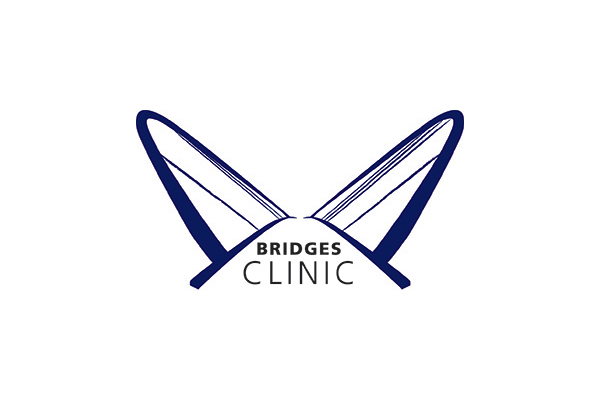What is a hernia?
A hernia occurs when an organ or fatty tissue squeezes through a weak spot in a surrounding muscle or connective tissue called fascia.
What types of hernias occur?
The most common types of hernia are: an inguinal hernia, where the intestine or the bladder protrudes through the abdominal wall or into the inguinal canal in the groin; an incisional hernia, the intestine pushes through the abdominal wall at the site of previous abdominal surgery; a femoral hernia occurs when the intestine enters the canal carrying the femoral artery into the upper thigh; an umbilical hernia, part of the small intestine passes through the abdominal wall near the navel.
What causes hernias?
Ultimately, all hernias are caused by a combination of pressure and an opening or weakness of muscle where the pressure pushes an organ or tissue through the opening or weak spot. Anything that causes an increase in pressure in the abdomen can cause a hernia, including: lifting heavy objects; constipation; persistent coughing or sneezing. In addition, obesity, poor nutrition and smoking, can all weaken muscles and make hernias more likely.
Why should I have my hernia treated?
There is a risk of the hernia becoming strangulated (trapped) cutting off the blood supply to the intestines. It may be an option to observe the hernia.
What types of surgery are there?
There are two main types of surgical intervention for hernia, open surgery and laparoscopic operation (keyhole surgery). The options and advice as to the best method for your individual case will be discussed at your consultation.
What are the risks of surgery?
There are risks associated with any surgery. The risks of this surgery will be explained to you before asking you to sign the consent form. Please ask questions if you are uncertain. You will be seen by an anaesthetist if your surgery involves a general anaesthetic. There is a chance with any hernia that it may re-occur after surgery.
How long will I be in hospital for?
Hernia surgery is usually carried out as a day case procedure.
Will I feel any pain?
You should expect some moderate pain around the area of surgery and will be given painkillers for this. It is important that you take the painkillers regularly for the first few days following your operation.
When can I return to normal activities?
It is important that you start to mobilise gently immediately after surgery. Please avoid vigorous exercise, for 10 to 15 days and heavy lifting for 3 weeks after your surgery. You will have some plastic dressings on your wound. These will fall off after about 10 days. You can wash your body, but keep your wounds completely dry for the first 48 hours after surgery. Most people return to work 2 to 4 weeks after surgery depending on their job.
